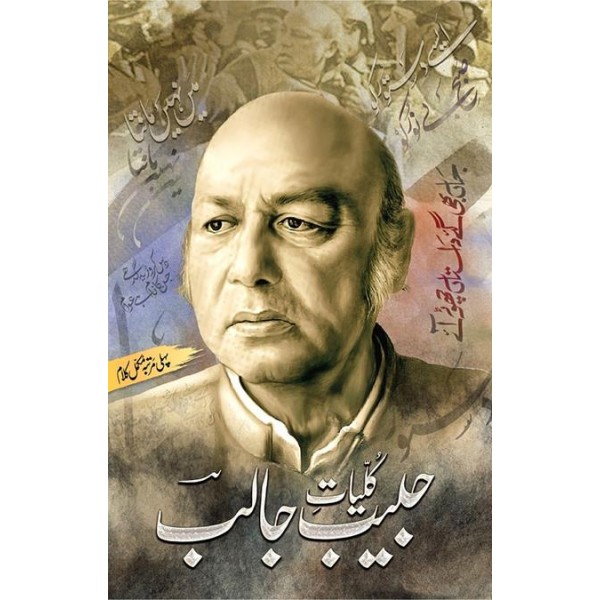Habib Jalib, born on March 24, 1928, in Mianwali, Hoshiarpur, was a luminary figure in the realm of Urdu poetry, recognized for his poignant verses that echoed the sentiments and struggles of the common people. His original name was Habib Ahmed, and throughout his life, he remained a vocal advocate for the rights of the masses, using his poetry as a tool to raise awareness and challenge societal injustices.
In 1962, Jalib gained widespread acclaim and notoriety for his iconic poem “Dastoor,” in which he vehemently rejected the authoritarian regime of President Ayub Khan, declaring, “I do not accept this constitution, it is morning without light, I do not accept it.” This powerful declaration resonated across the nation, igniting a wave of dissent and opposition against the government.
Throughout his career, Jalib continued to be a prominent voice against political oppression and social injustice. He actively participated in Mrs. Fatima Jinnah’s presidential campaign, advocating for democratic values and principles. Politically, he was closely associated with the National Awami Party, and his poetry remained a steadfast source of inspiration for both the ruling authorities and the common people.
Jalib’s poetic collections, including “Barg-e-Awara,” “Sar-e-Maqtool,” “Ahd-e-Sitam,” “Harf-e-Haq,” and “Zikr Behte Khoon Ka,” reflect his unwavering commitment to social and political causes. His verses are characterized by their raw emotion, biting satire, and profound insight into the human condition. Whether denouncing tyranny, lamenting societal decay, or celebrating the resilience of the human spirit, Jalib’s poetry speaks to the heart and soul of the nation.
In addition to his literary contributions, Jalib also composed numerous songs for popular films, such as “Mausam ’56,” “Maan Bahu Aur Beta,” “Ghoonghat,” “Zakhmi,” and “Musician,” among others. These songs, infused with Jalib’s signature blend of melody and meaning, further cemented his status as a cultural icon and a champion of the people’s rights.
Throughout his life, Jalib received numerous accolades and honors from various human rights organizations. The Karachi Press Club bestowed upon him the prestigious title of honorary membership, adding to his dignity and prestige. Following his passing on March 12, 1993, in Lahore, Jalib was laid to rest in the serene surroundings of Mianwali’s Sabzazar Cemetery, leaving behind a legacy of courage, compassion, and unwavering commitment to justice.
In conclusion, Habib Jalib’s life and work exemplify the power of poetry to inspire change and challenge the status quo. His fearless advocacy for the rights of the common people and his unwavering commitment to social justice continue to resonate with audiences around the world, cementing his place as one of the most iconic figures in Urdu literature and a beacon of hope for generations to come.
Kindly click this image to download E-book for free:


السلام علیکم
محترم سر پلیز آپ کے پاس جو ای بکس ہیں پلیز وہ اس نمبر پر شیئر فرما دیں
03143407775